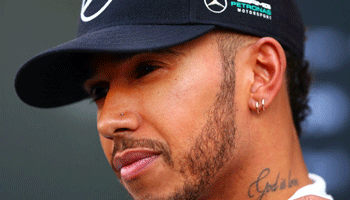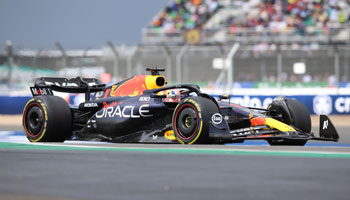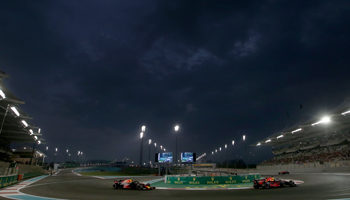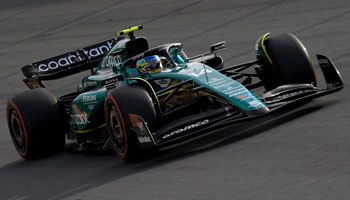Nico Rosberg’s shock retirement from Formula 1 after he won last year’s Drivers’ Championship may have inadvertently weakened one of modern sport’s most successful duopolies. Between them, German and British drivers have dominated the sport in recent seasons so the sudden removal of one of their number creates an opening for other nations.
In the graphic below we’ve looked at the complete history of Formula 1 racing – down to each individual race – to break down just how successful drivers from Germany and the United Kingdom have been and which nations are best placed to dislodge them from the pinnacle of world motorsport.
Anglo-German dominance
First of all, let’s remind ourselves of just how successful the UK and Germany have been in the sport’s history. Lewis Hamilton’s third world title back in 2015 was the 16th won by a UK driver, with 10 different men having won the championship since it began in 1950. Germans have secured a further 12 titles, although spread across only three different drivers and with more than half (seven) having being claimed by the legendary Michael Schumacher. No other nation has even reached double figures, with Brazil (eight) the only one to have provided more than five champions.
In fact, if a driver from the UK or Germany wins the 2017 championship it will be the 10th season in a row in which this has happened. While the Brits have the edge overall, Germans have won five of the last nine titles compared to the UK’s four. Rosberg’s triumph last season added to the four that Sebastian Vettel has claimed since 2010 while Jenson Button’s win in 2009 bolsters the three trophies in Hamilton’s cabinet.
Who else could challenge?
When we drill into the data and look at how individual races have been won this decade, two nations stand out as likely candidates to break the current duopoly. While 110 of the 136 have seen a German (60) or British (50) driver cross the line first, both Australia and Spain have provided 11 winners each, with only four being won by any other country. Therefore, a driver from one of these two nations should be considered the likeliest to step up, which presents us with three candidates.
Starting with Spain, there are two drivers to pick from. The first is the veteran Fernando Alonso, still going strong at 35 and personally responsible for all 32 of his country’s Grand Prix wins and its two drivers’ championships. However, his last victory on the track came back in 2013 – fittingly in Barcelona – and he hasn’t even made the podium in the last two seasons. The other Spanish hope is the more youthful Carlos Sainz who, at just 22 years old, may well be one for the future. In the 29 races he’s completed, he has yet to muster a finish better than sixth, so perhaps he needs more time to fully learn his trade before he begins adding to Alonso’s legacy.
Australia are perhaps better placed to challenge the Anglo-German dominance, with four of their 11 race wins since 2010 being courtesy of Red Bull’s Daniel Ricciardo. At 27 and with more than 100 races under his belt, he looks experienced enough and is already among the title favourites this season. His Formula 1 career has overlapped with his most recent Aussie predecessor, Mark Webber, who bowed out in 2013 after finishing third in the standings for the third time in four years – also at Red Bull. As the team-mate of serial German champion Vettel, any advice the elder driver can pass on to his countryman will surely stand him in good stead.
Rolling back the years?
Of the other historically successful nations with representatives in the 2017 Formula 1 season, neither Brazil nor France have produced a race winner this decade. Both enjoyed their best spell in the 1980s, which contained over half (95 out of 180) of the races that their drivers have won between them, so it may be asking too much of Felipe Massa, Romain Grosjean and Esteban Ocon to roll back the years.
The other dark horse may be Finland, who still boast – in Kimi Raikkonen – the last man of neither German nor British stock to win a Formula 1 World Championship. With Rosberg’s replacement – and Hamilton’s new team-mate – Valtteri Bottas also being of Finnish extraction, we could well see the Scandinavian nation add to their 46 race wins, if not their four titles.
















